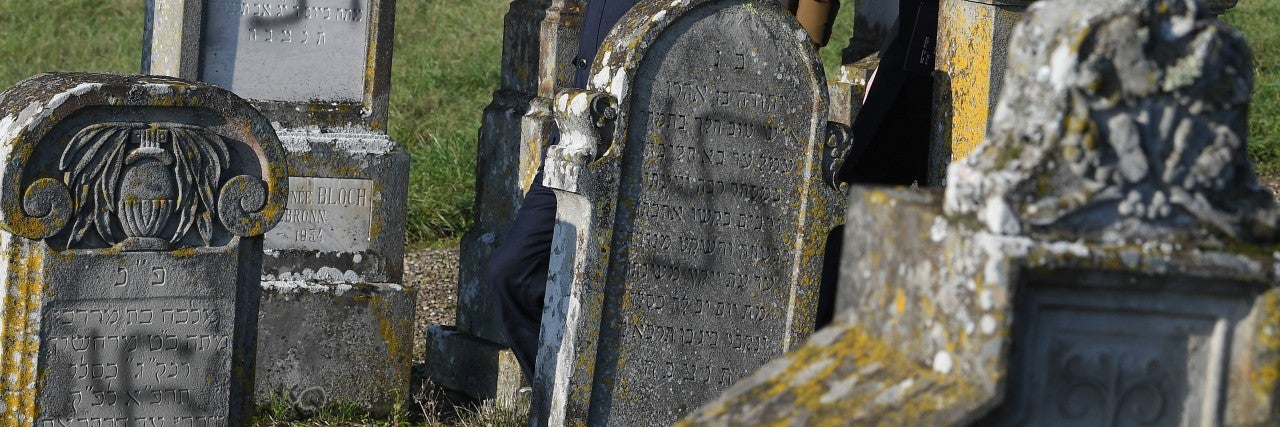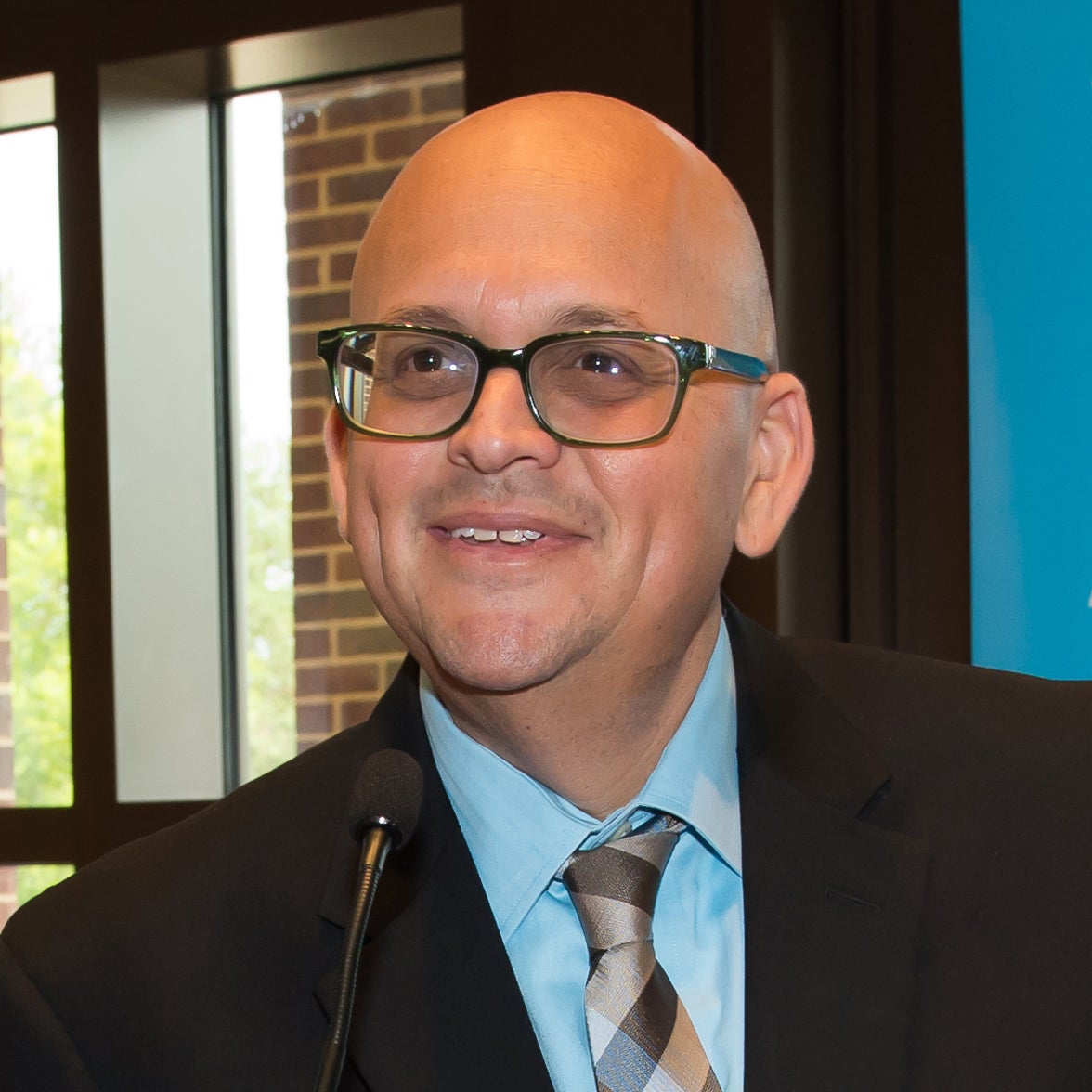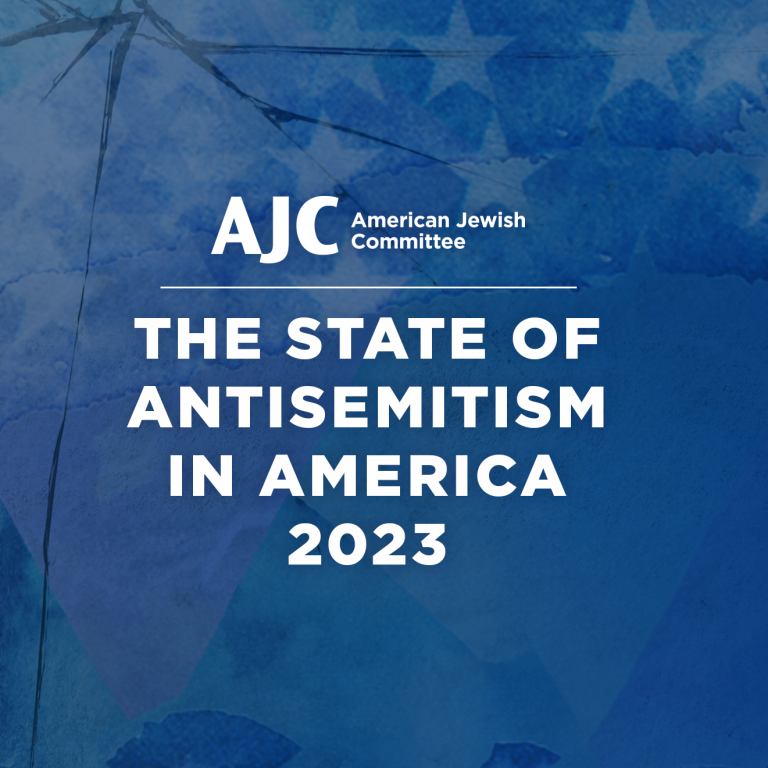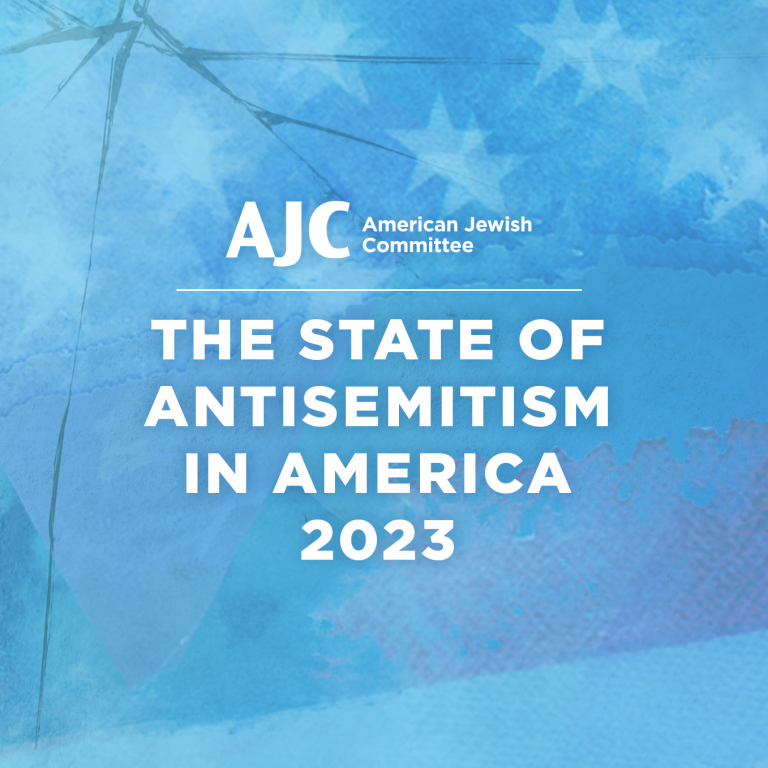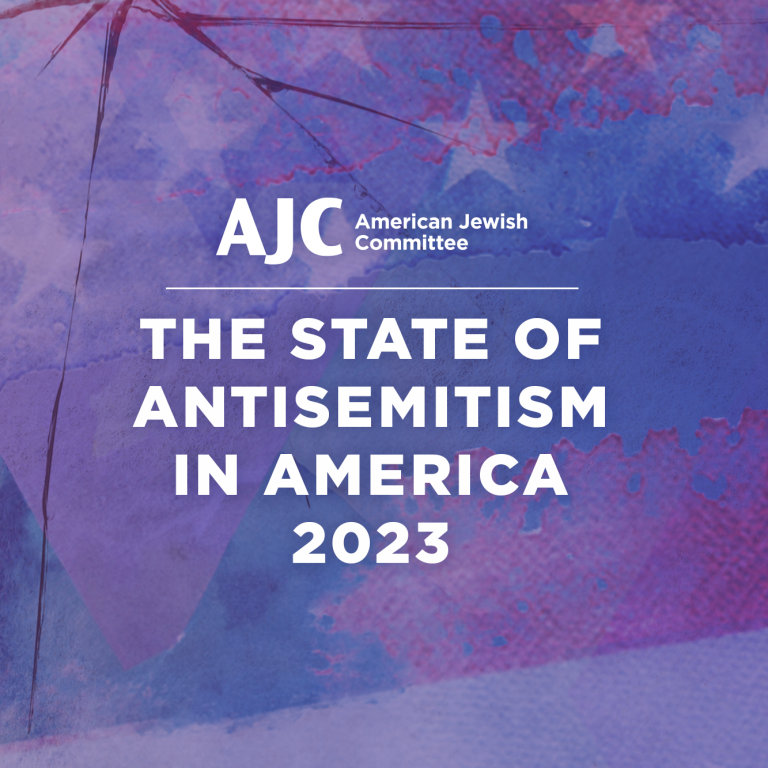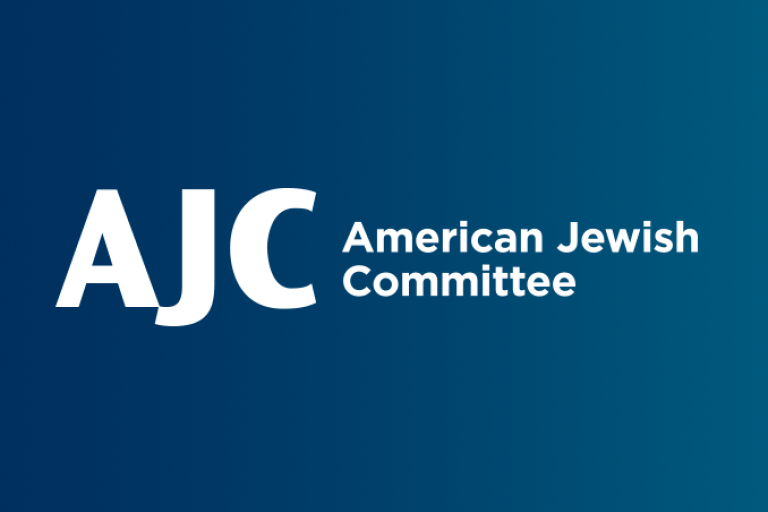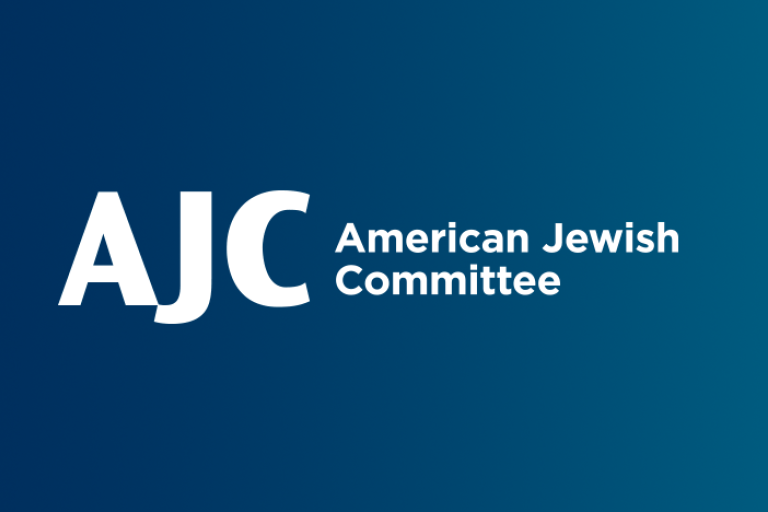February 22, 2024 — Dallas
A version of this column appeared in the Austin American-Statesman.
Last fall at the University of Texas, the High Holiday season, the holiest time in the Jewish calendar, was marked by a series of antisemitic incidents ranging from graffiti and hateful remarks to a physical confrontation.
In late 2021, in what was later prosecuted as a hate crime, a member of the Texas State Guard targeted an Austin synagogue in an act of arson; and in Colleyville in 2022 a rabbi and three congregants were held hostage in a day-long ordeal that began during a Saturday morning Shabbat service.
For many Jews, our world was already an unsettling place rife with Jew-hatred prior to the October 7 Hamas-led massacre in Israel. As we’ve seen time and time again, when tensions spike in the Middle East, a spike in antisemitism accompanies it in the U.S. and around the world.
For five years, American Jewish Committee (AJC) has produced an annual State of Antisemitism in America Report. This yearly snapshot in time provides critical information on the prevalence and impact of antisemitism- both through the experiences of the Jewish community and the perceptions of the general community.
The figures for 2022, released a year ago, contained what at the time was a stark, ominous takeaway: A 10-percentage-pointrise, from 31% to 41% of Jewish Americans who said they felt less secure living in the U.S. than a year ago. In the just-released State of Antisemitism in America 2023 Report, that figure skyrocketed to 63%
This unsettling feeling that is predominant in the Jewish community is impacting behavior as well. In fact, nearly half (46%) of American Jews have changed their behavior at least once out of fear of antisemitism. Over a quarter, 26% have avoided publicly wearing, carrying or displaying anything that would identify them as Jewish. A similar number of American Jews reported avoiding certain places, events or situation out of fear for their safety as a Jew. Nearly a third have avoided posting content online that might identify them as Jewish or reveal their views on Jewish issues.
Younger Jews are bearing the brunt of rising antisemitism. The report found that 36% of American Jews ages 18-29 reported being personally targeted by antisemitism (by either a remark in person, vandalism or messaging on their property, or an antisemitic attack in which the attacker physically touched them.
Despite these alarming findings, there is good news. More than nine out of 10 Americans agree that antisemitism impacts our society as a whole and that each of us has a role to play in combating it. Last year, the White House unveiled the U.S. National Strategy to Counter Antisemitism. This comprehensive, whole-of-society approach to the issue includes nearly 200 recommendations, many of which were directly inspired by AJC’s Call to Action Against Antisemitism in America. By providing a roadmap to key sectors across society, AJC has created important tools to provide allies and changemakers with the knowledge and tools to understand, respond to and ultimately prevent antisemitism.
Our elected officials in Texas clearly embrace the need to engage actively in combating this, the oldest hatred. In 2021, the bipartisan H.B. 3257 was signed into law by Governor Abbott. In passing this legislation, the Texas Holocaust, Genocide and Antisemitism Advisory Commission was created. Importantly, the commission is guided in its work by the International Holocaust Remembrance Association (IHRA) definition of antisemitism.
In addition to providing critical resources and educational materials about the Holocaust and antisemitism, the commission is mandated to compile a biennial study of antisemitism. The inaugural report was released in December 2022. In light of the sharp uptick in antisemitism following the October 7th Hamas atrocities, an addendum was released this past December.
It details multiple steps the governor has taken including making $4 million in security grants to Jewish institutions as well as providing optional resources and educational materials to Texas school districts. It also puts forth recommendations that could be adopted to enhance efforts to mitigate Jew-hatred.
These include creating a statewide reporting system and working in tandem with one of Texas’ public universities to monitor social media for antisemitism, alerting law enforcement in the moment and providing regular updates to the Advisory Commission.
The work on combating antisemitism advanced in Texas through legislation and carried out by the work of the commission is laudable and could serve as a model for other states.
While the surge in antisemitism in the wake of October 7 is alarming, for many in the Jewish community it wasn’t surprising. Over the past several years, a baseline level of antisemitism has been continually normalized.
That needs to end.
Antisemitism may affect Jews the most, but it is not a problem for only Jews to solve. For where there is antisemitism, it is followed by hatred of Blacks, Muslims, LGBTQ+ and other religious, ethnic and minority groups. This is why the situation demands a whole-of-society approach
Silence only stokes more hatred. The Jewish community will not remain quiet. Neither should you.
Joel Schwitzer is Regional Director of American Jewish Committee
